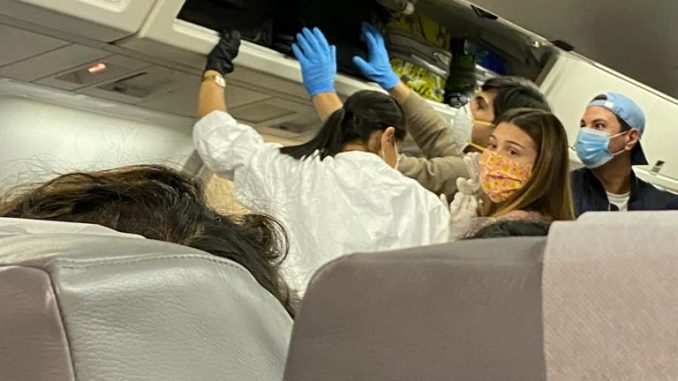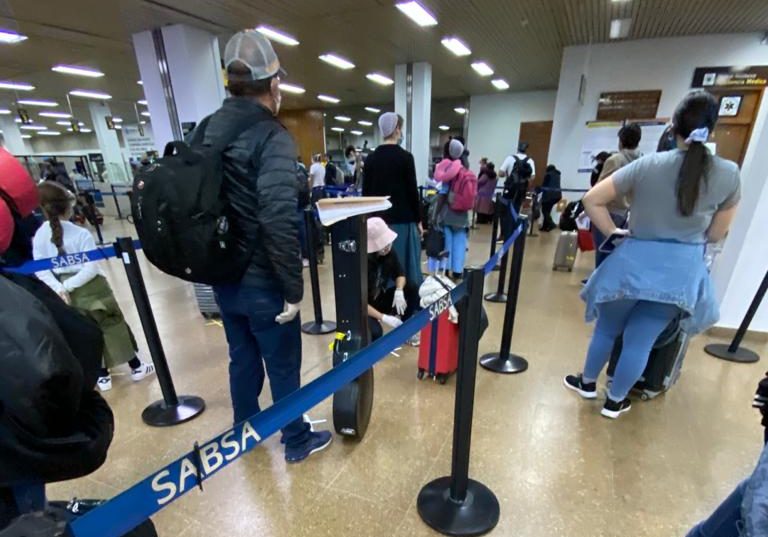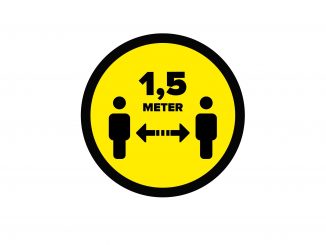
Published in El Pais, 3 May 2020.
The goal of Bolivia and many countries is to prevent transmission of the virus. One of the strategies was to close the borders to avoid importing cases. However, among the dead in Bolivia, many were infected or originated from the import of cases. The best known are travelers from Bergamo (case 0 and the lady who died infected by the husband who installed a gas heater in a passenger’s house).
On April 30th, a flight from Miami to Bolivia arrived with repatriated passengers. In this procedure, there were many shortcomings worth mentioning to include in a travel protocol during this COVID-19 era.
- COVID-19 Test: The embassy asked passengers to take the COVID-19 test to travel (cost 150 dollars). Each passenger purchased their ticket to the destination. However, when boarding the plane, only a few passengers of the 220 passengers were tested, most did not have the proof, but still all traveled together.
- Hotel criterion or biosecurity measures: The criteria for entering the plane were to pay $360 for a 14-day quarantine at a hotel and for people who had done the COVID-19 test would only pay $180 for a 7-day quarantine.
- Risk of exposure and infection. Altogether, with test – without test – with infection and healthy arrived in Santa Cruz and no other flights were enabled to take them to destination (La Paz or Cochabamba). After 7 days or 14 days, people will again be exposed to travel together, which has another risk of exposure and infection.
On the plane, there was no distance of 1.5 meters, nor any biosecurity measures. In the hypothetical case that three people had the virus, being in this closed environment for more than six hours, surely, they infected other people. What would be the logic then to avoid importing cases into the country? If everyone has the virus and they are carriers, does it make any sense for some to stay 7 days and another 14 days after spending six hours together in an enclosed environment? All could be potential carriers of the virus and spread.
These are important facts when considering the creation of a protocol for travel and transfers to avoid importing cases to Bolivia and exposing travelers to risks.




Be the first to comment